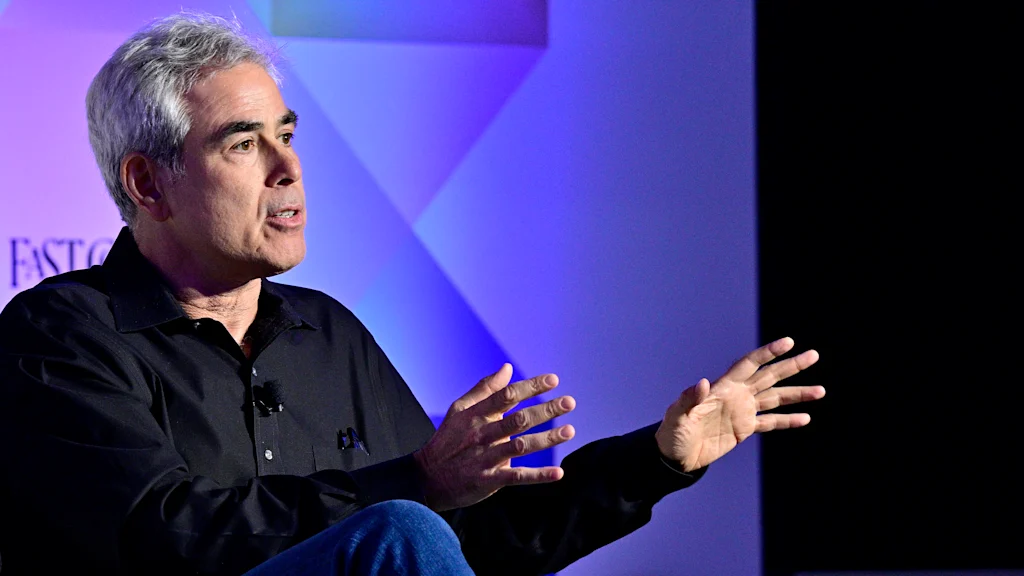
The anniversary comes one year after the fatal stabbing of a Japanese schoolboy, an incident that has left many Japanese families uneasy, and follows additional assaults on Japanese nationals reported in August.
Japanese schools in some cities shifted to closures or online classes on September 18, while Japan’s embassy urged residents not to speak loudly in Japanese in public and to avoid attire that might identify them as Japanese. Reporters with experience working in China noted that crisp business suits or button-down styles can draw attention; parents in Shanghai told local correspondents they arranged for spouses to accompany school drop-offs or planned to stay home that day, even though some said they had not personally felt a surge in hostility.
Corporate activity is also being tested. Japanese companies operating in China report difficulty dispatching staff from Japan and securing business travelers, amid unease over the Anti-Espionage Law and a lack of clarity around its standards; a Japanese company employee has received a prison sentence in a related case. Executives say regulatory uncertainty is complicating operations.
Analysts point to China’s economic slowdown and rising frustration among younger workers as a backdrop. Youth unemployment was highlighted as elevated in August, while indicators such as industrial output and retail sales were described as weak. Commentators drew connections—based on perpetrators’ statements in several violent incidents last year—between personal financial stress or workplace grievances and acts of violence, warning that nationalist sentiment can act as a “pressure valve” in difficult times.
Even so, Beijing has signaled limits. During a recent military parade themed around wartime victory, Xi Jinping’s speech did not directly criticize present-day Japan, a restraint seen by some observers as a nod to stabilizing ties. China’s foreign ministry also said China is an open and safe country that welcomes travel and business from people around the world, including Japanese. In parallel, local governments have stepped up efforts to court Japanese investment as growth slows.
The economic stakes remain high. China is Japan’s largest trading partner and Japan ranks among China’s top partners, with Kansai-based firms accounting for roughly a quarter of Japanese companies operating in China. Inbound travel has been recovering, with more than one million visitors from China in August, a record for that month even compared with pre-pandemic levels, underscoring how tourism and consumption flows matter to Japan’s regional economies.
Attention now turns to near-term political calendars. A U.S.–China leaders’ meeting slated for September 19 is viewed in Japan as a potential swing factor for trade and tariff discussions that could influence China’s outlook. At home, Japan’s ruling party leadership race is being watched for signals on China policy, including whether cabinet figures visit Yasukuni Shrine—an issue that Beijing routinely scrutinizes. Commentators argue that with politics and economics tightly linked, Japan will need steady diplomatic channels to keep business ties functioning while guarding the safety of citizens in China.
Source: YOMIURI



